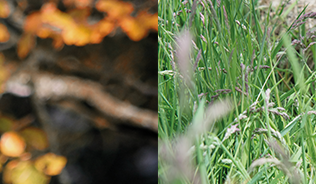University College London (UCL) researchers have published the findings of ‘The Big Compost Experiment’, looking into how well compostable plastic packaging decomposes in home composting bins. More than 1600 members of the public took part in the UK-wide citizen science study.
It was found that only 40% of the packaging items added by householders actually carried a claim of being ‘home compostable’, with the majority of biodegradable and compostable plastics showing evidence of not fully disintegrating – including 60% of those that were certified ‘home compostable’. The authors conclude that 'home composting is not an effective or environmentally beneficial waste processing method for biodegradable or compostable packaging in the UK'.
Responding to these findings, Andy Sweetman, Chairman of the Bio-based and Biodegradable Industries Association (BBiA), said:
“The results of this welcome research show that compostable packaging actually does biodegrade but that there is huge variability when the process is handled through home composting, and confusion over which materials are suitable. Many home composters are actually trying to compost plastics which are not at all compostable. We need to end the use of terms like degradable and biodegradable to avoid consumer confusion."
"In order to treat food and garden waste most effectively on a large scale, we need household collection systems and industrial composting. Consumers should be encouraged to place certified compostable packaging into their food waste bins as in many countries around the world."
"Home composting is a part of the picture and we encourage this practice. Large scale composting is achieved through an industrial process, involving both a composting phase and anaerobic digestion to produce soil-improvers and biogas, and gives all householders a route to recycling food and garden waste along with certified compostables.”
The UCL study can be found here.
For further information on the BBiA please contact Alex Davies, Higginson Strategy (07971 883996).



